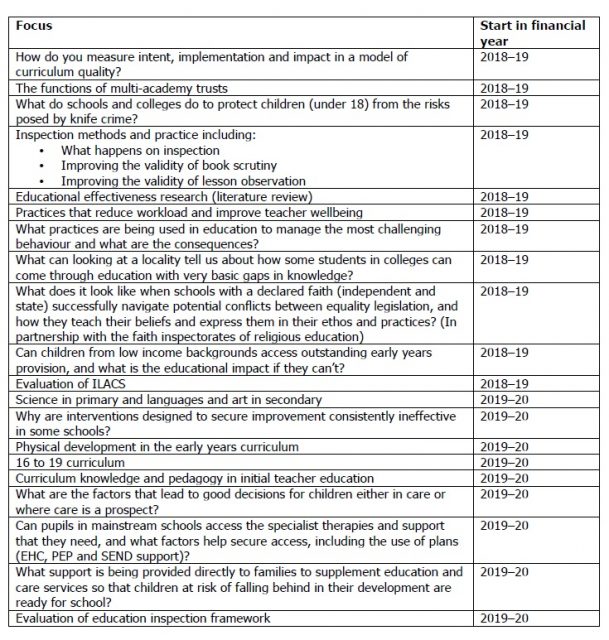Over 1,500 training providers on the government’s apprenticeships register will not have direct access to funding for small employers until at least a year later than planned.
An update from the Education and Skills Funding Agency revealed the news today which claimed it was “acting on user feedback”.
The agency had planned that all employers would be able to use the apprenticeship service to access apprenticeship funding from April 2019, but this has now been delayed.
“Having listened to feedback about the scale and pace of the apprenticeship reforms that we have introduced since May 2017, we want to make sure that future changes are introduced in a gradual, well-managed way,” the ESFA said.
“This is to give time for employers and training providers to prepare to take full advantage of the new approach and to keep stability in the marketplace.”
To “ensure a more gradual transition”, the government will not open up its apprenticeship service to small employers to use in April 2019 as planned.
It will instead “extend current contracts for training providers delivering training for employers that do not pay the apprenticeship levy for 12 months, from April 2019 to March 2020”.
Over 1,500 training providers on the government’s apprenticeships register do not have a small employer allocation, so their only alternative will now be to subcontract from the 683 providers that do.
The ESFA said that over the summer it will “work closely with employers and training providers to plan what a gradual transition should look like”.
“We will provide further details in the autumn, including what this will mean for providers with existing contracts and plans to develop the apprenticeship service for all employers,” it added.
The AELP has mixed feelings about the decision.
“On balance this is probably a sensible decision in the sense that we don’t want the government to move to a new funding system in April 2019 which hasn’t been properly thought through and might lead to further instability,” said the association’s chief policy officer, Simon Ashworth.
“At the same time, we are acutely aware that this is not going to go down well at all with those good quality providers who weren’t awarded a non-levy contract at the end of 2017 and therefore we are keen to work with the ESFA to try and find a way to get these providers back into the non-levy market as soon as possible.
“Many of these providers are currently having to unnecessarily subcontract and we have already highlighted how some primes are taking advantage of this through inappropriately high fees meaning less funding is making it to the front line.”
He added that AELP still maintains that a “minimum annual budget of £1 billion is needed to meet SME demand for apprenticeships”.
The extension of non-levy contracts follows a shambolic procurement process that providers battled with last year in order to win a portion of the £650 million pot allocated.
The tender left providers fuming as it saw some defunct organisations winning contracts while ‘outstanding’ ones missed out. Several small providers simply went out of business.





